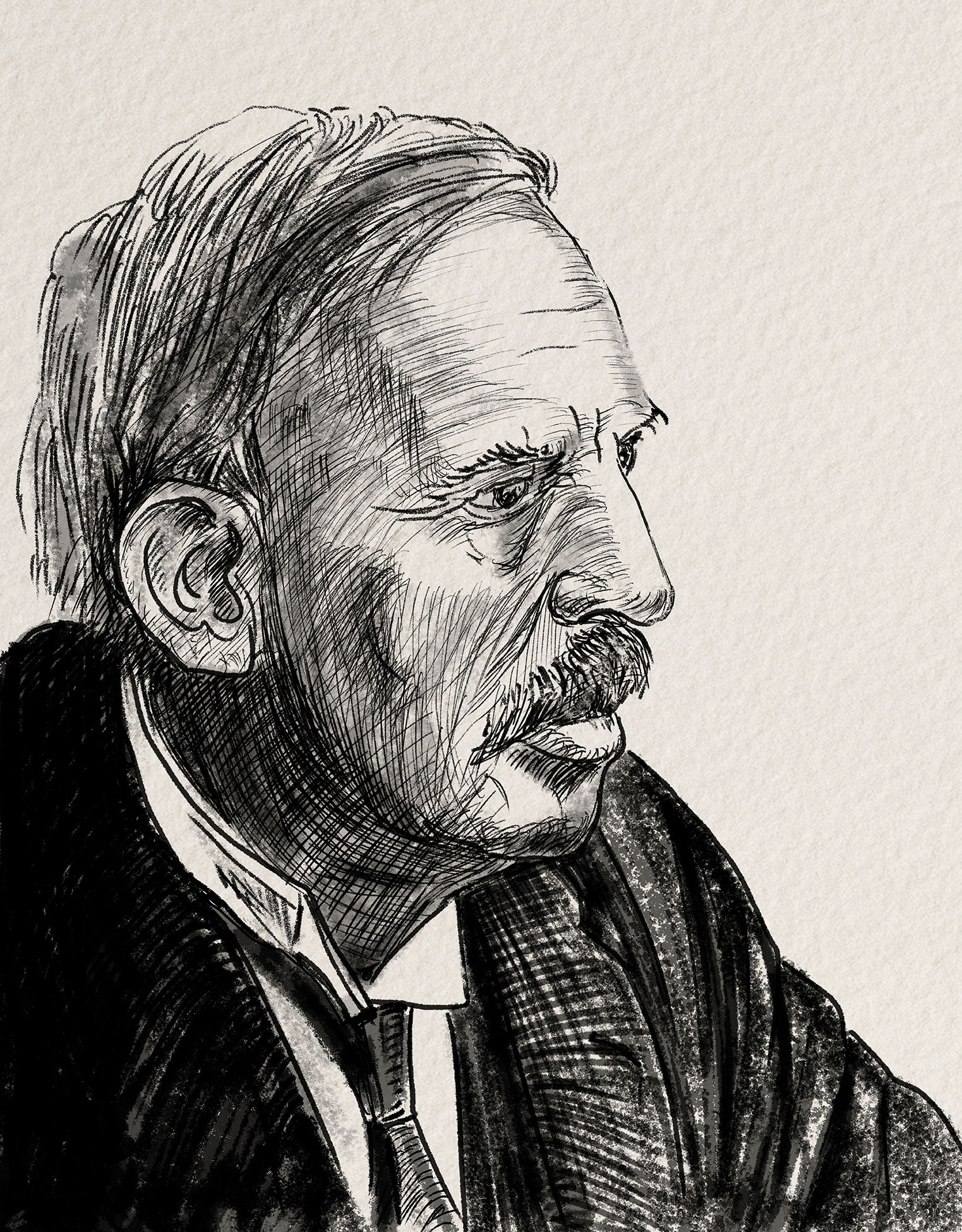

Ernest Rutherford was a New Zealander scientist who is considered to be the father of nuclear physics. He was born in 1871 and died in 1937. Rutherford did many important experiments that helped us to understand the atom.
One of Rutherford's most famous experiments was the gold foil experiment. In this experiment, Rutherford shot alpha particles at a thin sheet of gold foil. He expected the alpha particles to pass through the foil without being deflected. However, some of the alpha particles were deflected at large angles. This showed that the atom is not a solid sphere, but rather it has a small, dense nucleus.
Rutherford's work led to the development of the Rutherford model of the atom. This model is still used today to explain the structure of the atom.
Ernest Rutherford's work had a profound impact on the development of nuclear physics and chemistry.

The word "Ernest Rutherford" has no other forms. It is a proper noun, which means that it is the name of a specific person. Proper nouns are not capitalised unless they start a sentence or are used in a title.
The name "Ernest Rutherford" is of English origin. The first element, "Ernest", is a common given name that means "earnest" or "serious". The second element, "Rutherford", is a surname that is derived from the Old English word "rother", which means "red-haired".
What is Ernest Rutherford famous for?